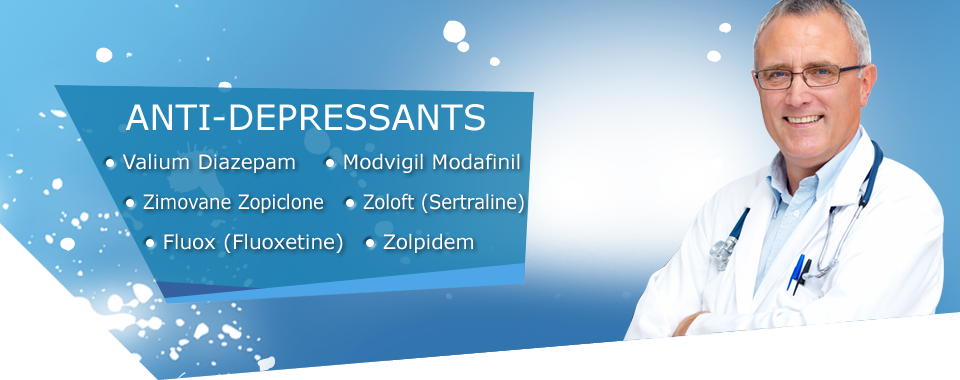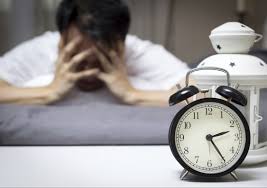
For years, doctors have known that depression and sleep disorders are linked. Up to 80 percent of people with depression also struggle with insomnia, the inability to fall asleep or stay asleep. About 15 percent of people with depression suffer from hypersomnia, or chronic oversleeping.
When treating people with both these disorders, doctors have found that treating insomnia issues often helps patients overcome depression more quickly. There's a misconception that people who are depressed sleep all the time or have trouble getting out of bed.
Yet, in reality this isn't often the case. Studies show that this particular reaction only occurs in about 15% of depressed patients. The majority of people suffering from depression don't sleep well - and depression and insomnia are much more likely to be found together.
Treating Depression and Insomnia
Selective serotonin reuptake inhibitors (SSRIs) are often used to treat depression. These can be beneficial in treating people who are suffering from both depression and sleeplessness, as they produce both sedating and mood-lifting effects.
SSRI's include the medications Fluox (Fluoxetine), Celexa (Citaopram) and Zoloft (Sertraline). Sometimes a hypnotic sleep medication such as Zolpidem (Zolbien) or Zimovane (Zopiclone) may also prescribed by your doctor.
Although medication may seem like an effective course of treatment, it only provides short-term results. In order to obtain a permanent relief from this illness, it is highly important to benefit from a combination of psychotherapy (including cognitive-behavioral therapy) and/or pharmacological (drug) treatment. Each of these therapies can be used to treat both depression and insomnia but psychologists must carefully identify the exact cause of these symptoms prior to suggest a particular course of treatment. However, depression and insomnia is not exactly the most pleasant combination that you should learn how to wive with.
Insomnia and depression are bad enough on their own, but when combined they can wreak serious havoc on your physical and mental health. If you’re experiencing depression-related insomnia, take your sleeplessness seriously and get treatment for it. You might be surprised how much better it makes you feel.







